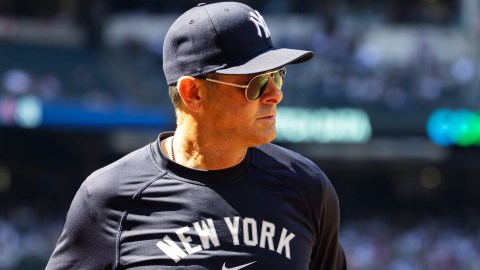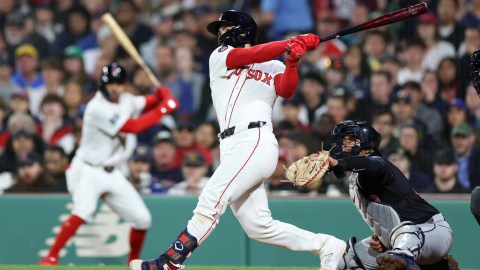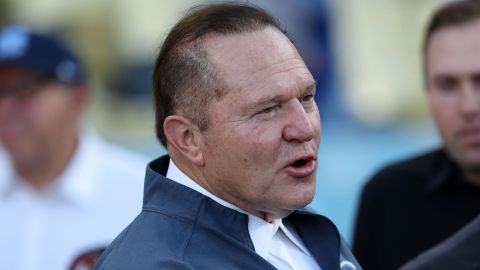“Tweet” has quickly become the world’s most dangerous five-letter word.
Because of the ability to instantaneously share opinions via Twitter, it’s often difficult to harness emotions before sending out a message that’s viewable by anyone. Once a tweet is out, it’s out, and there’s no turning back.
Sports are inherently emotional, creating situations in which a player may say or do something that he would otherwise refrain from. With an increasing number of athletes and coaches using Twitter, it has created just another platform on which they can display these emotions.
The days of sports figures having to just control themselves throughout news conferences and interviews are long gone. Now, with Twitter, athletes are on display 24/7, which results in them sharing opinions and information not directly related to sports.
Sure, it’s great to know that we can tap into their daily lives. Fans get a better sense of an athlete’s true personality, making him or her more human and relatable. But the luxury comes at the expense of franchises, which are now faced with an increasingly difficult public relations task.
While the freedom to exchange ideas and voice opinions is the premise on which America is built, athletes should still consider it a responsibility to act sensibly when tweeting.
They are the faces of franchises, meaning what they say or do is directly linked to the franchise for which they play. Therefore, athletes should tweet as such and avoid tweets that could provoke any unwanted controversy toward their team. In conjunction with this, team owners or those in position of power should rule with an iron fist whenever they deem such boundaries are crossed.
It’s truly a difficult situation, though.
To silence someone or tell someone that they can only speak about “X,” but not speak about “Y” is a hot-button issue because of the expectation of freedom of speech. But in the business world, there are certain expectations that an employer holds about its employees. Responsibly representing the organization is one of those expectations.
So when Pittsburgh Steelers running back Rashard Mendenhall tweeted controversial remarks about Sept. 11 and the death of Osama bin Laden, he may have been exercising his freedom of speech, but he was also exposing his team to criticism.
It doesn’t take a genius to understand that Mendenhall is speaking on behalf of himself. But as a face of the franchise, his actions still back the Steelers into a corner. Suddenly, team owner Art Rooney II and the entire Steelers public relations team has to play defense stingier than that which brought the team to the Super Bowl last season.
In the past, companies have found misrepresentation through social media to be cause for termination. Obviously, Mendenhall won’t face that type of discipline, but he — and every other athlete — should still face some sort of punishment if they go against the organization’s Twitter policy.
It sounds crazy but, yes, a Twitter policy is becoming increasingly necessary for teams. These policies should not only stress when a player can and cannot tweet — such as during a game — but they should also stress the importance of players acting on behalf of the franchise.
With regards to sports, we’re constantly reminded that “it’s a business.” Some athletes don’t act like it is, though, which has overflowed into the Twitter world.
What should teams do when their players make ill-advised comments on Twitter? Share your thoughts below.




